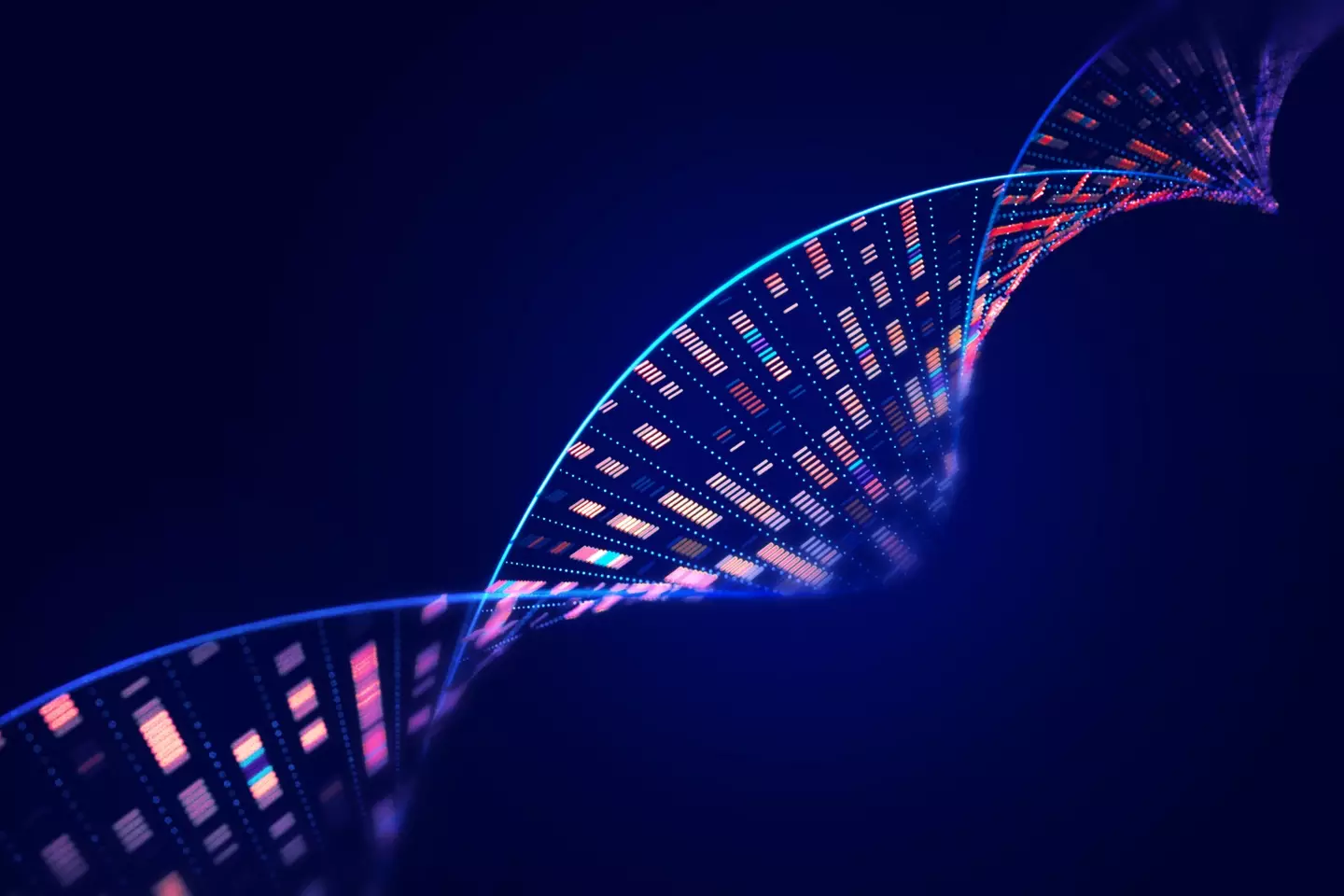Throw away the anti-ageing serums and stop worrying about your wrinkles because scientists might have found a way to stop the ageing process!
Okay, maybe don't throw away the serums just yet - they're expensive, and the science does have some way to go.
Researchers have made progress, though, as they've uncovered elements in our DNA which have the ability to destabilise genetic codes and cause ageing.
By conducting research on worms, scientists have also found a potential way to control these elements.
The discoveries came from researchers Dr Ádám Sturm and Dr Tibor Vellai, from Eötvös Loránd University in Budapest, Hungary.
The team looked at parts of our DNA known as ‘transposable elements’ (TEs), also known as 'jumping genes', which can move around in our genetic code.
When TEs move too much, the researchers found they can destabilize the genetic code and disrupt cell function, which in turn leads to ageing.
However, there are some cells which do not age, including cancer stem cells, and scientists have identified a certain process at work in these particular cells, known as the ‘Piwi-piRNA pathway’.
In their previous articles, titled 'The mechanism of aging: primary role of transposable elements in genome disintegration' and 'The Piwi-piRNA pathway: road to immortality', Dr Sturm and Dr Vellai theorised about the relationship between the Piwi-piRNA system and the concept of 'immortality'.
Taking their theories to the next level, the scientists sought to strengthen the Piwi-piRNA pathway in a worm called Caenorhabditis elegans, by using techniques to 'downregulate' the activity of the TEs.
When carried out on specific TEs in worms, the creatures showed signs of ageing more slowly.
And when multiple TEs were controlled simultaneously, the effects multiplied to increase the worm’s lifespan by up to 30 percent.
Controlling TEs also resulted in changes in the way genes worked in the DNA of the worms as they aged.
Commenting on the findings, which have been published in Nature Communications, Dr. Sturm said: "In our lifespan [experiments], by merely downregulating TEs or somatically overexpressing the Piwi-piRNA pathway elements, we observed a statistically significant lifespan advantage.
"This opens the door to a myriad of potential applications in the world of medicine and biology."
The researchers added that the study could inform ways to extend life and improve health for humans in later years, with Dr Vellai adding: "This epigenetic modification may pave the way for a method to determine age from DNA, providing an accurate biological clock."

 Emily Brown
Emily Brown
